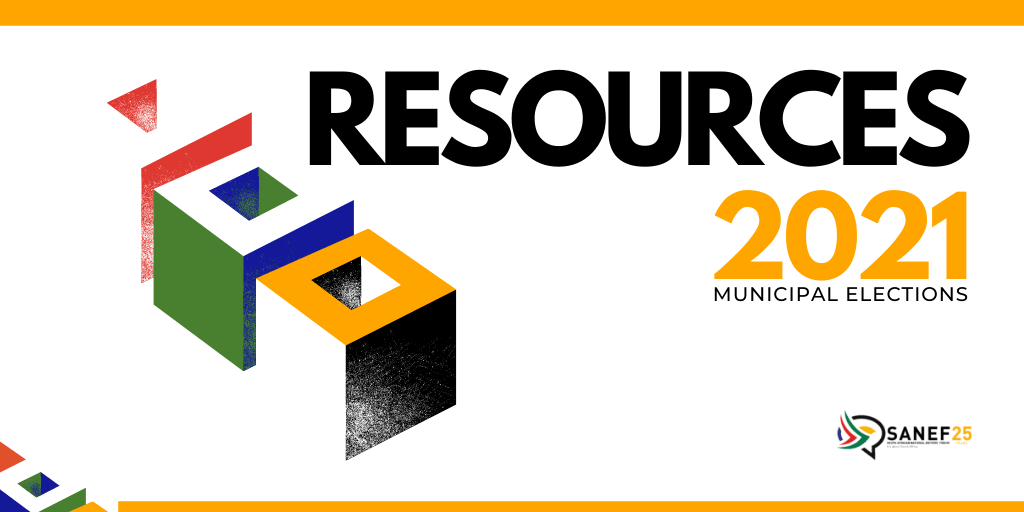SANEF election dashboard helps deepen election reporting
By Raymond Joseph
Local government elections are all about service delivery and issues that directly affect peoples’ day-to-day lives.
But, all too often, reporting on municipal elections focuses on political parties and events like rallies and meetings, with politicians setting the agenda – rather than the voters.
SANEF has launched a data-rich elections dashboard to help journalists deepen and add important context to their reporting of the upcoming local government election. It is part of a comprehensive collection of election resources that SANEF has produced to assist journalists covering municipal and other elections in South Africa.
Built by OpenUp, a Cape Town-based civic tech organisation, the dashboard is an interactive map and data exploration tool that allows non-data savvy journalists to easily engage with multiple, rich data sources .
It allows reporters to research a municipality or specific ward that they are planning to report on. It makes it simple to identify issues or problems in a community, to know what to look for before heading out into the field.
The dashboard has three main elements:
- An interactive map: this allows you to view data on a national, provincial, district, municipal and ward level. The last two levels are particularly relevant for reporting on the upcoming local government elections;
- Data Mapper: this allows you to compare neighbouring areas and visualise data indicators on a map to see where they are higher or lower;
- Rich Data: helps you get a clearer understanding of a specific area, including population size, income, education and other important elements that make up a community. You can also download a chart with the information, as a jpeg or PNG, to illustrate your story, like this one showing income levels in Makhado municipality in Limpopo;
- Point Mapper: this allows you to visualise specific geographic points of interest like historical protests in an area, like this snapshot of protests in 2019 in the Eden District in the Western Cape. Click on a point and a pop-up with details of the protest, including what it was about and whether it was peaceful or violent. You can also use the point mapper to show the location of SASSA offices and police stations in an area, revealing how well a community is serviced.
The local government and elections dashboard is part of SANEF’s ongoing capacity building and investment in democracy and governance reporting skills and resources to ensure that journalists provide the public with fair, balanced and accurate information to rely on when they prepare for voting day.
The media has an important role to play in holding politicians to account by unpacking and explaining issues for voters. An informed electorate is important for a healthy democracy – and Sanef’s election dashboard is an important tool to help achieve this.
Register here for the training webinar Telling local government stories with data
On 20 August, which will show journalists how to do stories with the data dashboard.
About the elections
The Moseneke Commission has recommended that the elections be postponed to early next year because of the effects Covid-19 on the statutory timetable that must be adhered to in the run-up to the elections.
The Independent Electoral Commission has approached the Constitutional Court requesting that the elections be postponed to February next year, arguing, among other things, that herd immunity against Covid-19 would not have been reached by October 27, the gazetted election date.
If the elections went ahead in October they would not be “substantially free and fair” and exceptional circumstances resulting from the pandemic warranted a departure from the norm, the IEC said.


